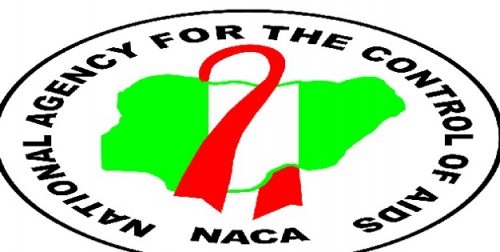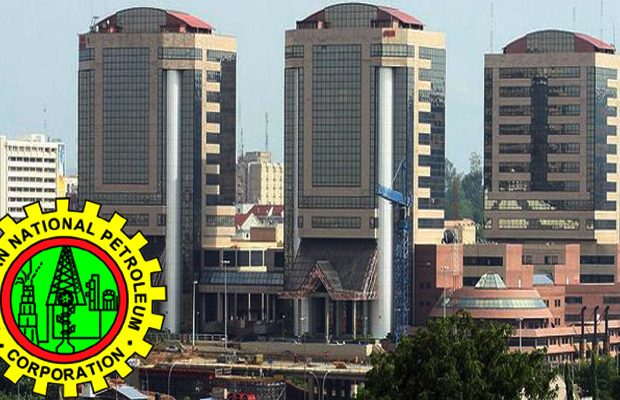NECA urges Central Bank to lower borrowing costs

The Nigerian Employers Consultative Association (NECA) have implored monetary authorities to take measures in re-inflating the economy through monetary easing and reduction of the high-interest rate otherwise known as borrowing costs, which they said are currently stifling Economic growth.
Speaking on Behalf of the Association, following a quarterly meeting of its Governing Council held in Lagos recently, the President, Mr. Larry Ettah, stated that the correct posture in a recession is a reflationary fiscal policy and monetary easing, including reducing interest rates.
Ettah explained that this is accepted practice in economic management in most jurisdictions, instead the Central Bank of Nigeria (CBN) has maintained tight monetary policy and raised interest rates, adding that the CBN’s approach is sub-optimal and has failed.
“It is based on an erroneous assumption that tight monetary policy would constrain inflation and temper pressures on the Naira. Instead, the actual experience confirms that Nigerian inflation is driven by cost elements usually currency devaluation and food and energy prices, while Naira values are shaped by oil prices and the FX reserves rather than monetary conditions, especially as CBN has maintained administrative control of the currency value.” he argued.
According to the NECA President, Manufacturers and other employers of labour have thus had to cope with a triple whammy of recession, high inflation and high-interest rates caused by the wrong policy choices made by the monetary authorities.
He, therefore, urged the CBN to now move towards lowering interest rates and specifically to reduce the Monetary Policy Rate (MPR) which has been kept at 14 percent since July 2016.
Daily Times recalls that The CBN Monetary Policy Committee in July 2016 increased the MPR by 200 points and had pegged it at 14 percent to combat inflation and stimulate growth.
Speaking further on the negative implications of current interest rate policy, Ettah said was the phenomenon of “crowding out” of private sector access to credit by the government.
Data from the CBN demonstrates that credit expansion to government is outgrowing by large margins credit to the private sector.
For example, between February and April 2017, while credit to government grew by 3.10 percent, 27.81 percent and 7.54 percent respectively while private sector credit grew marginally in February by 0.10 percent; declined by 1.89 percent in March, and also declined by 1.48 percent in April on a month-on-both basis.
On a year-on-year basis, credit to government expanded by 15.43 percent, 19.76 percent, 37.46 percent and 42.15 percent in January to April 2017, while private sector credit grew only 19.76 percent, 19.17 percent, 17.96 percent and 13.23 percent in the same period.
This he also said has informed the recent decision of listed companies to approach their shareholders to raise money through a rights issue which aims at reducing foreign loans by converting debts to equity and provision of capital to effectively run the affairs of their businesses through the avenues the capital market offers.
He, however, said a lower interest rate will ensure private businesses have access to funds which will help them grow their businesses, grow the economy and take their rightful place as the engine growth of the nation.








